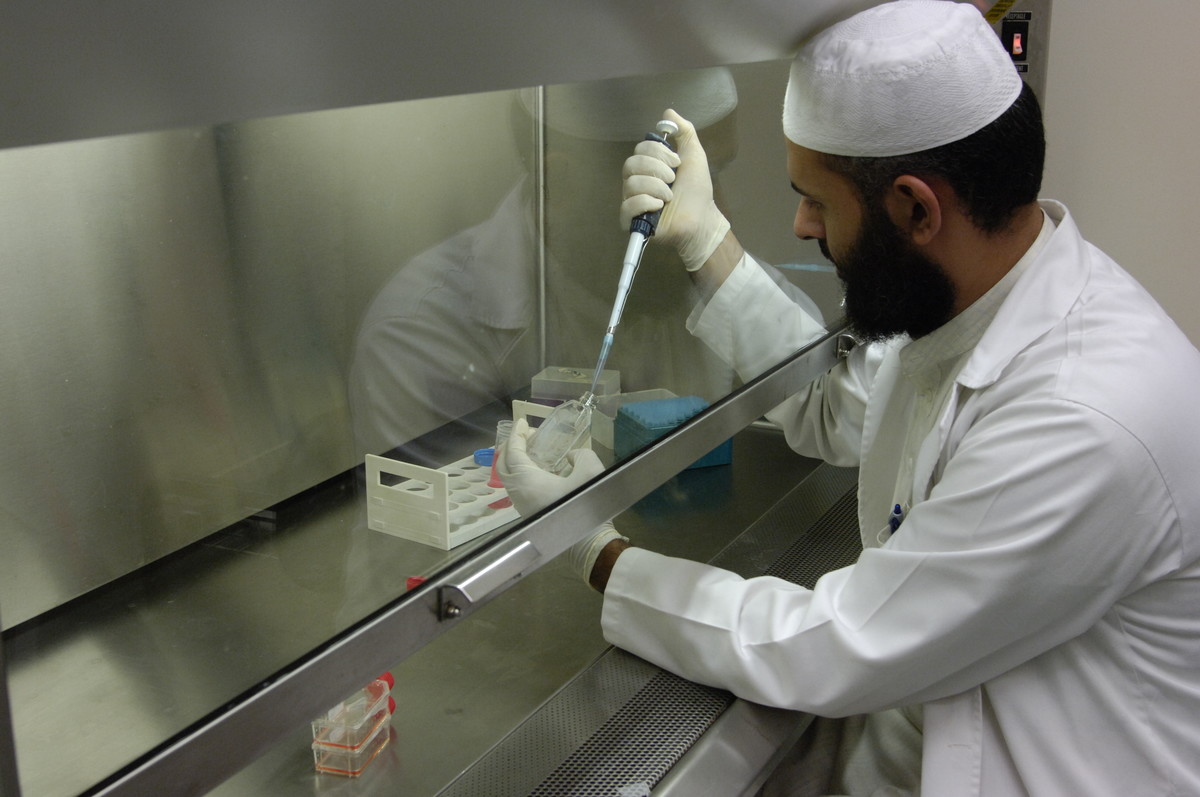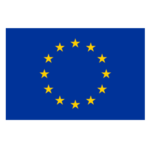An AKF-led consortium has been granted €10m as part of a €35m package to tackle the ongoing pandemic in Afghanistan, which was announced today by the EU Delegation in Kabul. The measures are designed to mitigate the socioeconomic impacts of the crisis, as well as strengthen the response of existing health systems.
Projects implemented by the World Health Organisation (WHO) and UNICEF will also benefit from this latest round of funding from EU International Partnerships. The additional €35m for Afghanistan now brings the total mobilised by the EU since the start of the pandemic for humanitarian assistance to €147m.
The three programmes aim to help strengthen Afghanistan’s health systems, to test and treat patients, to improve infection prevention, and to raise community awareness. David Lai, Officer in Charge at the WHO, commented:
“As preparation for vaccine rollout signals new hope in Afghanistan’s fight against COVID-19, continued investment in testing, surveillance, clinical care, protection of health workers and essential health services reins vital for containing the spread of the virus in addition to offering quality medical care.”
In addition to more typical COVID-19 response measures, such as health systems strengthening or spreading community awareness, there is also provision to improve food security in targeted areas. Import restrictions and widespread unemployment have worsened access to food, and so 300,000 children and their mothers will also receive community nutrition services through the funding.
The projects implemented by UNICEF and the AKF-led consortium will also work to mitigate women and children’s vulnerability to various forms of gender-based violence, including domestic violence.
“With the support of the EU, the Aga Khan Foundation-led consortium with Cordaid will reach 8.4 million direct and indirect beneficiaries in 16 provinces”
Ambassador Sheherezade Hirji
In a statement on the announcement, Ambassador Sheherazade Hirji, Aga Khan Development Network Diplomatic Representative in Afghanistan, described how the funding for the AKF-led consortium with Cordaid would benefit 8.4million Afghans.

The programme, which will run for 30 months across 16 provinces, includes a series of activities designed to contribute to the overall objective of strengthening the Afghan government’s response to the crisis. These include:
- Establishing 30 COVID-19 sample collection points
- Increasing oxygen capacity in nine provincial hospitals by establishing oxygen plants ·
- Reaching 96,378 patients with food baskets and nutrition counselling services
- Training 31,689 (15,291 women) community members on how to recognise COVID-19 symptoms, and on preventative measures.
There will be additional training provided for provincial and district health workers and hospital staff on Infection Prevention Control and on managing COVID-19 cases through e-health applications.
This programme is the latest of many that AKF is currently involved with across the world that are designed to help support governments to manage the crisis within their countries. The work also forms part of AKDN’s wider Global COVID-19 Response, which aims to slow and stop the spread of the disease, to treat patients quickly and effectively, and to mitigate the socioeconomic impacts wrought by the virus.





